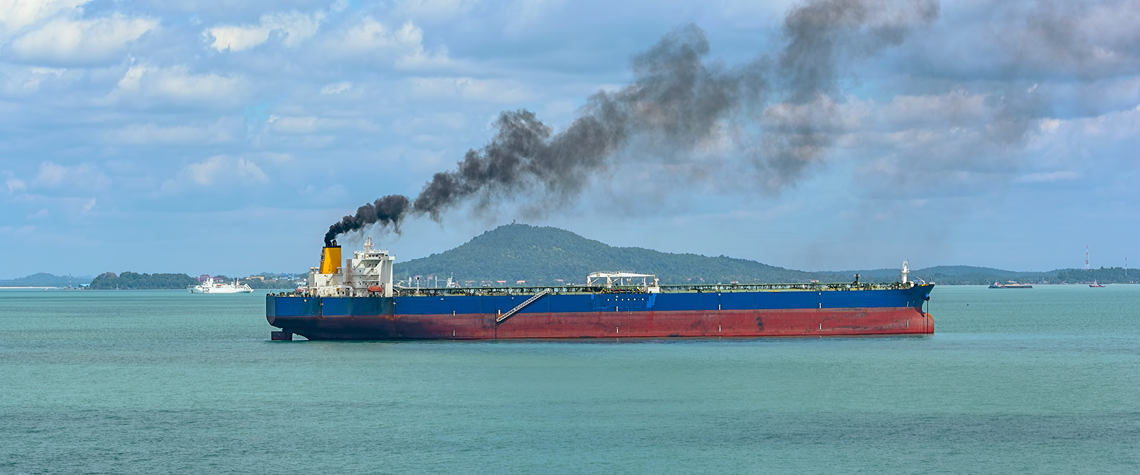IMO 2020 promises widespread disruption
Large-scale changes in refinery operations will be just one of the major changes the new regulations will bring to the energy landscape
From 1 January 2020, international bunker fuels have needed to meet a much tighter maximum sulphur specification of 0.5pc, versus 3.5pc currently, due to the new regulations implemented by the International Maritime Organisation (IMO). This change aims to effectively eliminate one of the largest sources of SOx emissions, accounting for roughly 10pc of the global total from all sources.Although exhaust gas scrubbers on ships will cover some of the requirement, along with a very limited amount of LNG bunkers, the vast majority of demand will need to change to low sulphur bunker fuels.From a refining standpoint, this will require a major shift in the blendstocks used to make marine fuels, initi

Also in this section
23 July 2025
Gas is unlikely to assume a major role in Albania’s energy mix for years to come, but two priority projects are making headway and helping to establish the sector
22 July 2025
The gas-hungry sector is set for rapid growth, and oil majors and some of the world’s largest LNG firms are investing in ammonia production and export facilities, though much depends on regulatory support
22 July 2025
Next year’s WPC Energy Congress taking place in April in Riyadh, Saudi Arabia will continue to promote the role of women in the energy sector, with a number of events focusing on the issue.
22 July 2025
Pedro Miras is the serving President of WPC Energy for the current cycle which will culminate with the 25th WPC Energy Congress in Riyadh, Saudi Arabia in April 2026. He has over 30 years of experience in the energy sector, including stints with Repsol and the IEA. Here he talks to Petroleum Economist about the challenges and opportunities the global energy sector currently faces.








